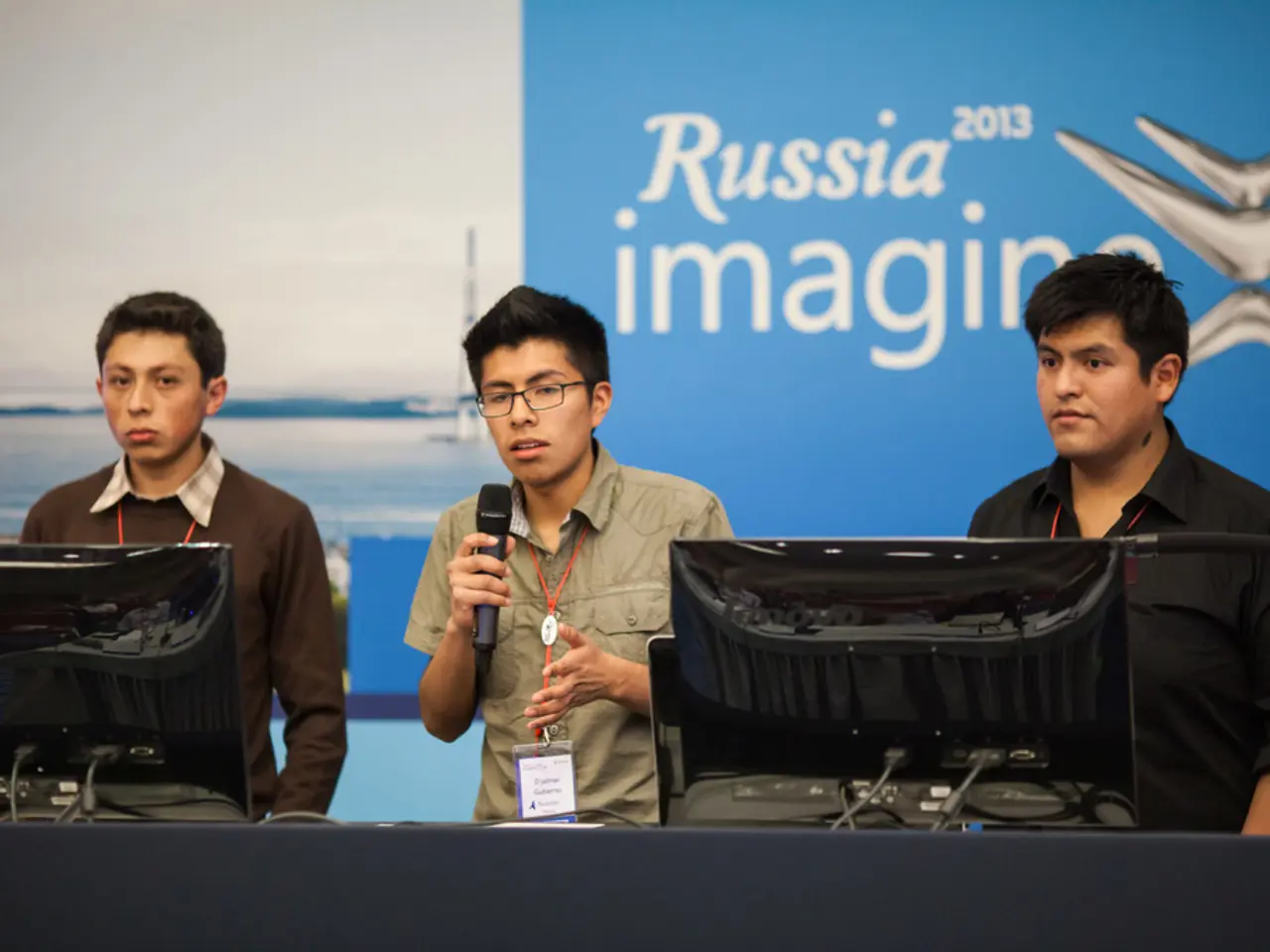Students are granted the right to opt out of learning Russian in school.
The Latvian government has announced significant changes to the second foreign language instruction in primary schools, with the phase-out of Russian set to take place starting from the 2026/2027 school year. These changes, which were supported by 78 deputies in the Saeima, aim to introduce official languages of EU or EEA member states, or those regulated by intergovernmental education agreements, as the new languages of instruction.
The amendments, which supplement the regulation of Russian as a second foreign language in schools, do not completely eliminate Russian from the curriculum. Instead, Russian will continue to be regulated beyond primary education.
For pupils who finish grade 9 this year, their primary school transcript will be marked on the basis of the average mark obtained in the previous school year in the subject of the second foreign language. However, the changes do not affect the grading system for pupils who are currently learning Russian as a second foreign language.
The changes do not apply to secondary education. Pupils in grades 4-8 who have opted out of learning Russian will now be able to transfer to the next grade without a grade in the subject of the second foreign language.
The official language recommended by the government for second foreign language instruction in primary school starting in the 2026/2027 school year, which is not Russian, is French. However, the changes do not specify which new languages will be offered in place of Russian.
Schools will be required to offer pupils one of the official languages of the European Union (EU) or European Economic Area (EEA) member states, or a foreign language regulated by intergovernmental education agreements, as a second foreign language in primary education.
The changes were made this spring and were not without opposition. Eleven deputies voted against the changes. The changes adopted by the government will take effect starting from the 2026/2027 school year.
These changes mark a significant shift in language instruction in Latvian primary schools, paving the way for a greater emphasis on EU languages in the curriculum.
Read also:
- Impact of Alcohol on the Human Body: Nine Aspects of Health Alteration Due to Alcohol Consumption
- Understanding the Concept of Obesity
- Lu Shiow-yen's Challenging Position as Chair of the Chinese Nationalist Party (KMT) Under Scrutiny in Donovan's Analysis
- Tough choices on August 13, 2025 for those born under Aquarius? Consider the advantages and disadvantages to gain guidance







